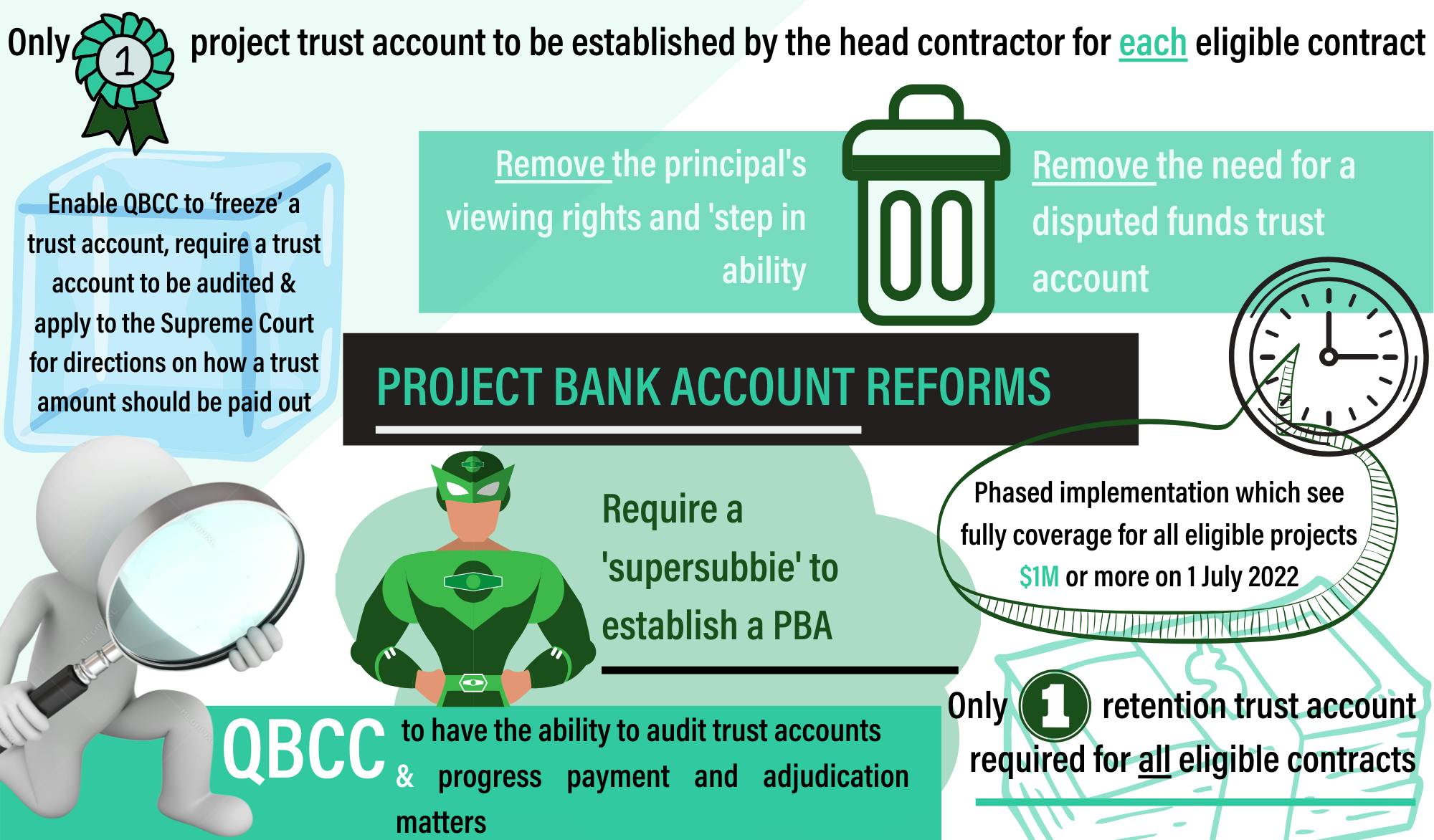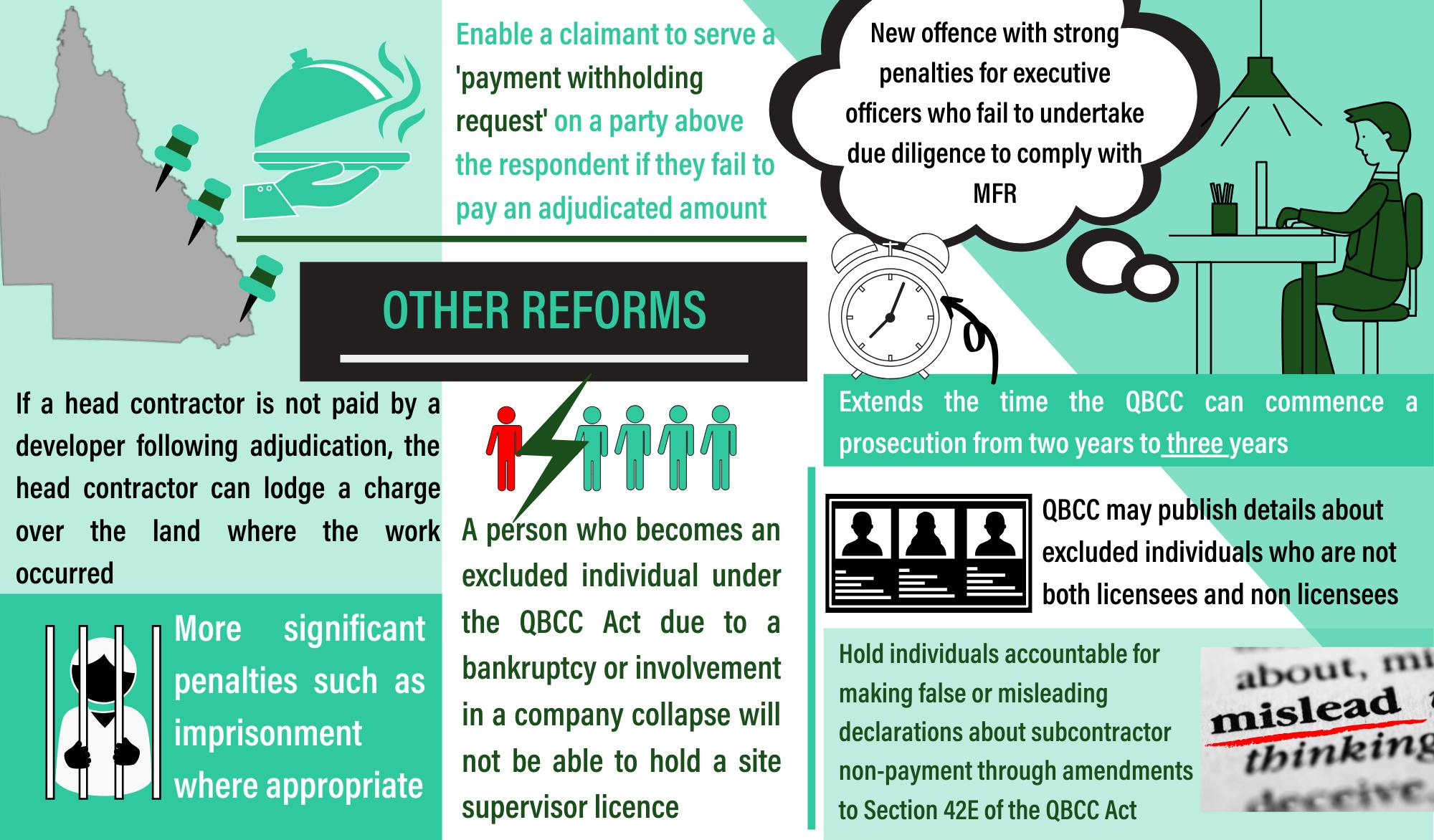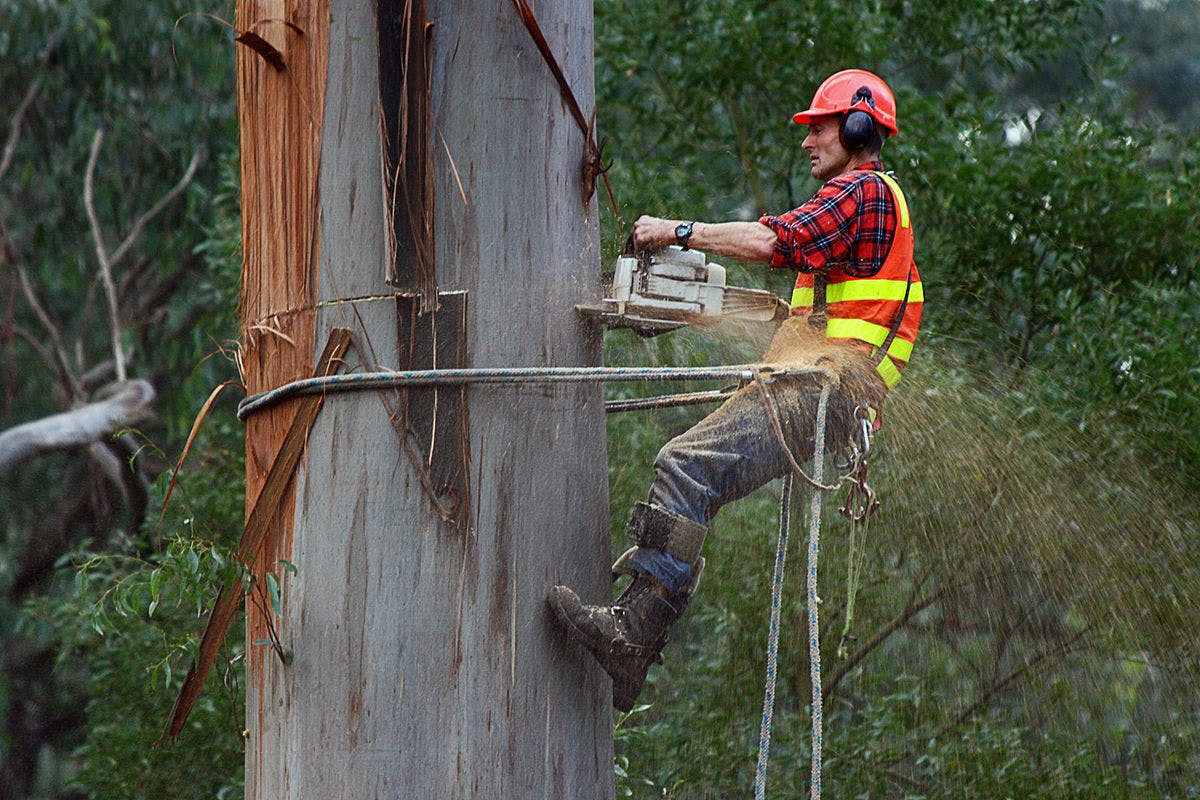The other day I watched a group of highly trained and very skilful persons perform some serious tree ‘doctoring’. These persons assessed all the risks before they ventured up great heights, donned appropriate safety gear, expertly used harnesses and ropes, and relied on ‘spotters’ on the ground to feed them the necessary rope and provide advice on their pruning efforts.
While this service occurred on my sister’s property and therefore I was not responsible for paying for it, let me assure readers that these professionals charged an amount of money reflective of the risks involved and the level of expertise and skills necessary to perform the work to a high standard.
I was making a start writing this article, watching these proceedings out of the corner of my eye, when the thought occurred to me that this is how parties in the construction industry should go about their operations.
I can hear a lot of you saying ‘yeah, dream on Chesterman’. After all, this is the holy grail for businesses operating in the industry, namely:
Identifying all risks and charging clients accordingly.
In my view, the failure of parties to do this is one of the reasons for businesses collapsing in the industry.
Furthermore, in my opinion the number one risk that parties must be aware of and the subject of my previous article, Would you like to work for free in 2020?, are risks regulatory in nature.
Since publishing that article I have become aware of further new SOP reforms, that build on previous reforms of this nature and, in my view, impose additional risks parties must be aware of.
Identifying, understanding and appropriately pricing these new SOP risks will be an essential function for parties wishing to flourish in this competitive industry.
Previous SOP reforms.
Two and half years ago the government introduced major Security of Payment (SOP) reforms.
In an article entitled Many parties do not appreciate the magnitude of SOP reforms, I expressed the view that:
“The industry has been on notice for several years as to the intentions of the government in this regard. However, I am of the view that the majority of industry parties do not truly appreciate the size, scale, or importance of these reforms.”
Elsewhere in the same article is stated:
“1100 parties took the time and effort to attend consultation sessions on these reforms. Given the size, significance and number of different parties that comprise the industry, I find this response to be underwhelming.”
I went on to say:
“I believe that participants in the industry should not be backward in expressing their views to governments on proposed legislation or policies. Hopefully, these views are informed and communicated to governments in a clear, concise and respectful manner.”
The implementation of these reforms has occurred in stages. In an article I published late November 2019 entitled Cautious roll out of SOP reforms is a welcome development, I identified the reforms implemented and those outstanding at the time. I stated:
“The government has clearly expressed that it is currently committed to ‘getting right’ key implementation aspects of several BIFA reforms.
This is a pleasing development because, in my view, the potential for unintended consequences is great if these reforms are rushed.”
This leads us to the present time.
New SOP reforms.
On 5 February 2020, the government introduced the Building Industry Fairness (Security of Payment) and Other Legislation Amendment Bill (Bill). This Bill represents amendments to the previous SOP reforms, with some new initiatives unveiled.
The Explanatory Notes state that the objectives of the Bill are in part to:
- implement the recommendations of the Building Industry Fairness Reforms Implementation and Evaluation Panel (Panel);
- implement the recommendations of the Special Joint Taskforce (Taskforce) that investigated subcontractor non-payment in the Queensland building industry;
- enhance Queensland’s security of payment legislation and further extend the protections for industry;
- improve the Queensland Building and Construction Commission’s (QBCC) ability to address fraudulent behaviour in the industry; and
- strengthen Queensland’s building laws to enhance regulatory oversight capabilities, clarify licensing requirements, improve building safety and support industry professionals.
In an article entitled Hang on tightly, 2020 will see further major SOP reforms, I discussed the Panel and Taskforce recommendations.
Proposed reforms snapshot.


It’s not a bird or a plane – it’s a “supersubbie”
In introducing the Bill, the responsible Minister Mick de Brenni explained the concept of a “supersubbie” as:
“Amendments in the bill also contemplate the concept of a supersubbie and, therefore, circumstances where a subcontractor must establish a project trust account; for example, in a circumstance where the head contractor, instead of engaging multiple subbies, could arrange with a subcontractor—let’s describe that entity as a supersubbie—to contract with further subcontractors.
The government accepted the panel’s recommendation that in these specific circumstances a subcontractor—the supersubbie—should also be required to establish a project trust account. In the absence of such anti-avoidance provisions, the establishment of a supersubbie could be used to circumvent the requirements under the BIF act, leaving subcontractors exposed where the supersubbie enters bankruptcy.
This kind of practice would have undermined the integrity of the framework. To enable the government to swiftly respond if such industry practices develop, the bill allows flexibility to prescribe a regulation that further subbies will also need to establish a project trust account.”
The other reforms outlined will impact on various parties in different ways.
For example, some head contractors will no doubt welcome the ability to lodge a charge over land the subject of an adjudication decision not complied with by a developer. However, many developers may have different views on this initiative because of its potential to significantly disrupt progress of the project.
Are parties more engaged in these new reforms?
We will shortly know the answer to this question. The Bill has been referred to a Committee for consideration and report back to Parliament by 20 March 2020.
Parties wishing to make submissions have until 4:00pm on Wednesday 26 February 2020 to do so.
Final thoughts.
In introducing the Bill, Minister de Brenni stated:
“Through the amendments in this bill, Queensland will continue to have the strongest protections for tradies in the nation, with a regulatory framework that supports a safe, fair and sustainable building and construction industry.”
The construction industry comprises of many different parties such as head contractors, subcontractors, suppliers, developers, architects, designers, certifiers and engineers. All parties deserve to have their voices heard by the government as to whether they agree or disagree with the above statement.
In terms of businesses operating in the industry, a joint report compiled by CSIRO and Construction Skills Queensland entitled “Are you ready for change?” indicated that the industry comprises of over 71,000 businesses.
I am aware that the government consulted with industry associations on the development of this Bill and that is to be applauded. It has been my experience that most industry associations do an excellent job in advocating for their members. However, in terms of businesses operating in the industry, what percentage are affiliated members of an industry association? I have been unable to identify any recent research in this regard but my ‘gut feeling’ is less than 50%. I am happy to hear from anyone with better stats, then “Chesterman’s Gut”.
The point of this article, and indeed all my articles, is to inform parties on relevant developments and to encourage them to become engaged and responsible for shaping the industry in the 21st century.
It is after all your industry.
Governments always provide parties with the opportunity to provide input and feedback to proposed industry reforms. I sincerely hope that on this occasion, many parties representing all the various sectors and job specialisations will step up and make their views known to the government through their industry association or personal representations.
Not intended as legal advice. Read full disclaimer.


